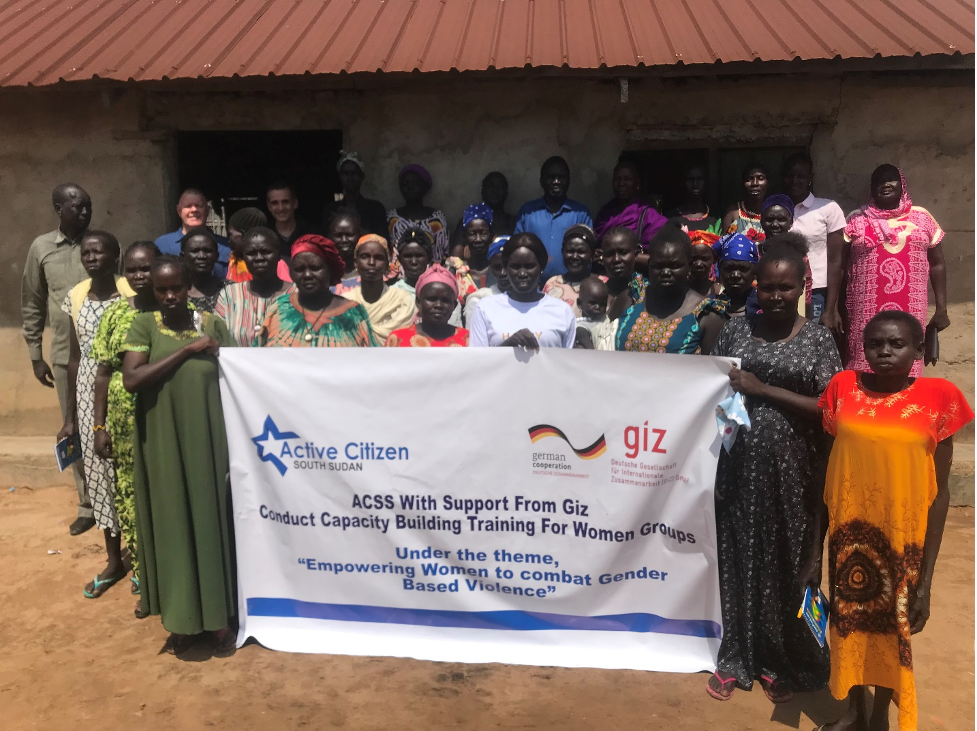
UNFPA avails innovative competition to tackle GBV, maternal mortality

The United Nations Population Fund (UNFPA) has introduced innovative package to help address gender-based violence (GBV) and maternal mortality.
“We are working with young people to see how we can innovate approaches towards solving these problems that we face in South Sudan, it is all about doing business as usual to find out innovative ways of addressing particularly high maternal mortality, high GBV and family planning,” said Francis Tukwasibwe, the Population Data, Monitoring and Evaluation Specialist for UNFPA.
He was speaking during the opening of the innovative competition on Tuesday at the University of Juba.
Tukwasibwe said the maternal mortality rate of 1,223 per 100,000 live births in South Sudan makes it one of the highest globally, meaning 7 mothers die during birth on daily basis.
He disclosed that about 5 percent of the population in the country use family planning.
Tukwasibwe said that family planning is an important aspect of life that can be used to space children as well as regulate births.
“The solution must be multisectoral, the targets are set by government, we work within the frame work of the government, ours is a contribution, we have to be forward looking because every life matters,” he said.
Joel Onek, the Project Coordinator for Alela Technology said they have set up innovation boot camp to tackle issues around family planning in South Sudan.
“We are partnering with UNFPA to run an innovation boot camp to innovate solutions around challenges facing family planning in South Sudan, we just want to harness the creativity of young people by utilizing technology to develop solutions aimed at tacking family planning,” Onek said.
He said 16 participants will participate in innovation boot camp where three finalists will be awarded 3000 U.S dollars each and the five runners up will get 1000 dollars each.
“We need to be very innovative to solve some of the major problems that we have, we have shortage of medical personnel in the country, we need to have more medical personnel and also we need to build more health infrastructures,” Onek said.




































